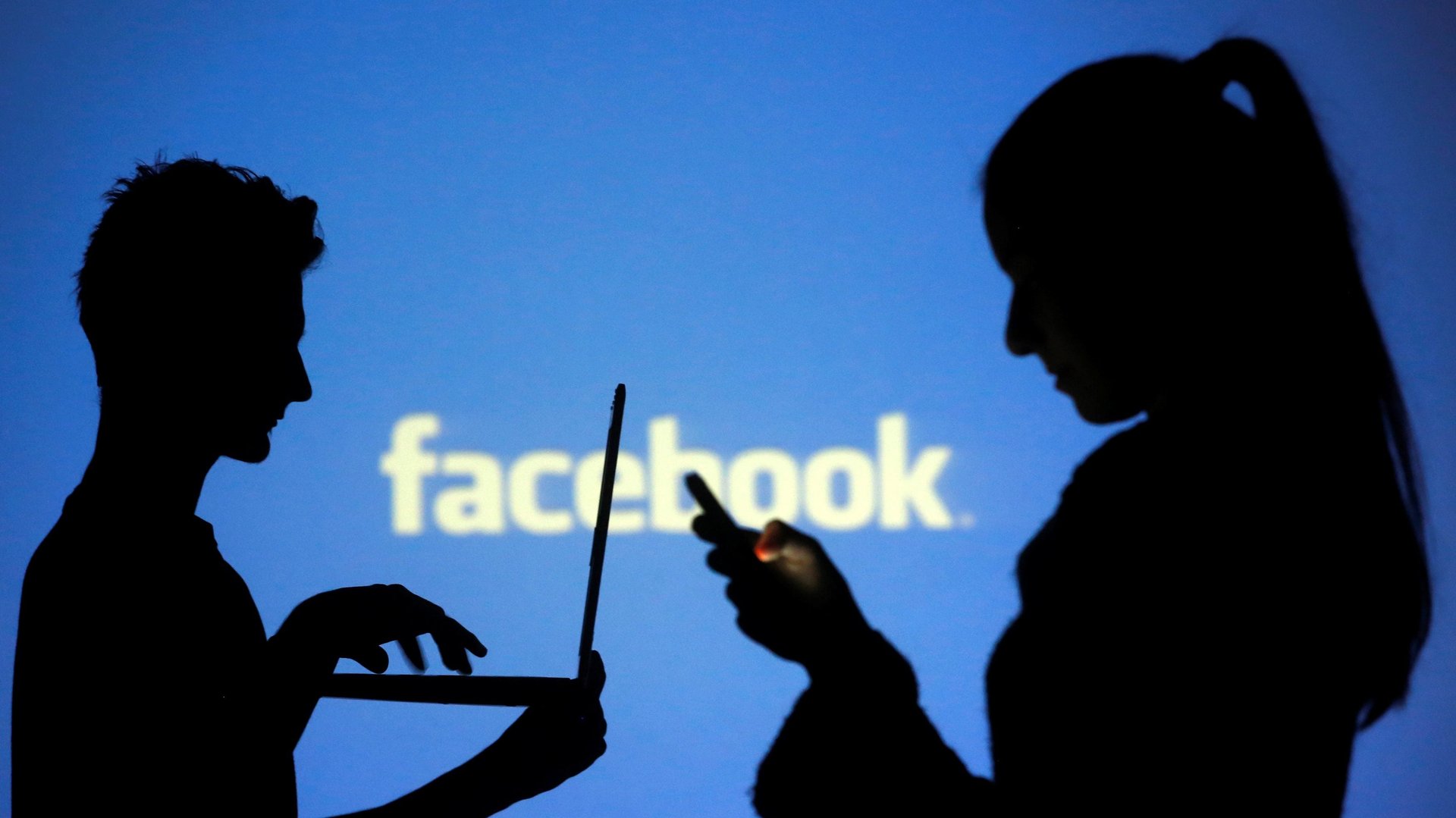UK regulators accused Facebook of monopolizing the world’s supply of GIFs
Sometimes it feels like Facebook is caught in a loop. The social media giant is again under fire for acquiring a competitor, except this time it’s not another major social network like Instagram or WhatsApp. Instead, UK regulators have called out Facebook for monopolizing the world’s GIFs.


Sometimes it feels like Facebook is caught in a loop. The social media giant is again under fire for acquiring a competitor, except this time it’s not another major social network like Instagram or WhatsApp. Instead, UK regulators have called out Facebook for monopolizing the world’s GIFs.
At issue is Facebook’s May 2020 acquisition of Giphy, the world’s leading GIF library. Giphy is the default GIF search engine on platforms like Facebook, Instagram, WhatsApp, Snapchat, TikTok, and Apple’s iMessage. It claims to serve over 10 billion GIF results to more than 700 million people every day, dwarfing the monthly totals of its nearest rivals Tenor (12 billion results for 300 million people each month) and Gfycat (500 million views from 180 million people each month).
The UK’s Competition and Markets Authority (CMA) released a statement yesterday (March 25) claiming the deal “raises competition concerns in relation to digital advertising and the supply of GIFs.” The pronouncement is the culmination of a two-month preliminary investigation launched in January.
It might not be immediately obvious how Facebook and Giphy compete. Giphy touts itself as the world’s second largest search engine, and founder Alex Chung says “the whole goal from the beginning was to see if we could compete with Google for search.” When Google acquired Tenor in 2018, that purchase received negligible antitrust scrutiny.
But the British monopoly regulators argue that pre-acquisition Giphy competed with Facebook in the digital ad world by selling paid GIF partnerships with brands like Pepsi and Dunkin’ Donuts. Now that it has been bought, Giphy has less of an incentive to compete with Facebook for digital ad dollars.
The regulators also worry that Facebook might stop rivals like Snapchat and TikTok from accessing Giphy’s library of content, or use Giphy’s integration with other apps to harvest data from their users and snoop on the competition. “This could potentially lead to reduced choice for users and further increase Facebook’s market power in relation to social media,” they wrote.
In a May 2020 blog post announcing the Giphy deal, which was reportedly worth $400 million, Facebook vowed that “developers and API partners will continue to have the same access to GIPHY’s APIs.” So far, it hasn’t pulled the plug on Giphy’s partnerships with any other apps.
Instagram head Adam Mosseri addressed the data concerns in an interview with Axios. “The short answer is it’s not about data,” he said. Instead, Mosseri claimed Facebook wanted to acquire Giphy’s developer team, tie its community of GIF creators closer to Instagram, and ensure that Giphy—which Axios reports faced financial struggles—could continue to operate.
Even so, in the days after the Facebook deal was announced, encrypted messaging apps Signal and Telegram quickly tweeted they had taken steps to make sure Giphy couldn’t be used to spy on user data. Video platform Zoom pulled support for Giphy entirely pending the deployment of “additional technical and security measures.” It has since restored the Giphy integration.
Now, the UK regulators say Giphy and Facebook have five business days to “offer legally binding proposals to the CMA to address the competition concerns identified.” The CMA will then take another week to decide whether to accept their offer or launch a full-fledged monopoly investigation.
Australian regulators are also investigating the deal. Last year, US senators from both parties called for American regulators to investigate the Giphy deal, but so far, no formal probe has been announced.